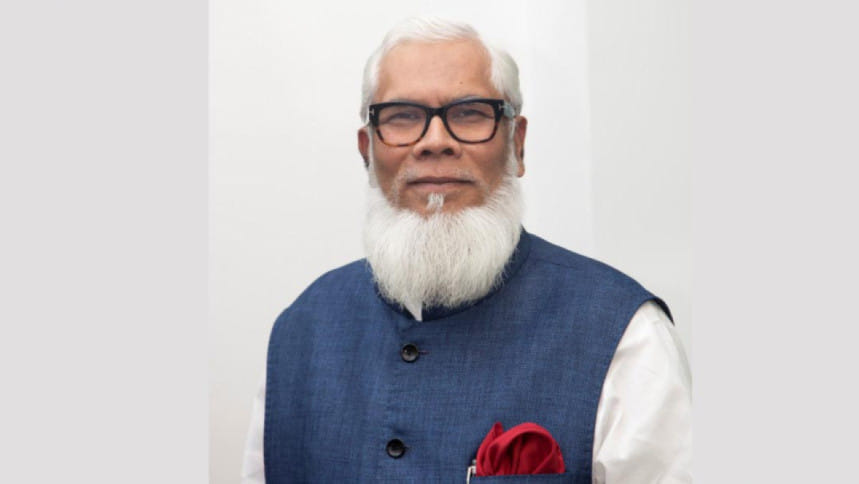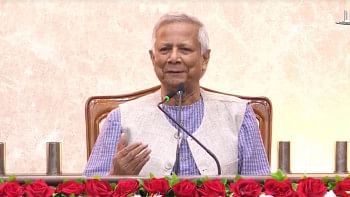‘Bangladesh ready for Commonwealth investments’

Bangladesh is ready to frame a special policy to attract more direct investment from Commonwealth economies, said Salman F Rahman, private industry and investment adviser to the prime minister, yesterday.
"Bangladesh is a well-positioned country among the Global South economies. The Bay of Bengal is emerging as a critical region in the competition for control of sea lanes and global trade," he said.
"Economies under the umbrella of the Commonwealth can leverage the opportunities to trade and set up manufacturing units," he said.
He was speaking at a seminar titled "Bangladesh Opportunity – Commonwealth Partnerships" at the opening of a two-day "Commonwealth Trade and Investment Forum Bangladesh-2023" in the capital's Bangabandhu International Conference Centre.
The Commonwealth Enterprise and Investment Council (CWEIC), the Commonwealth's accredited business network, Bangladesh Investment Development Authority (Bida), the Ministry of Foreign Affairs and Zi Foundation, a family-run foundation that offers support to vulnerable people, jointly organised the event.
"A robust demographic dividend, strong apparel exports, resilient remittance inflows, and stable macroeconomic conditions have supported rapid economic growth over the past decade," he said.
Bangladesh is producing most of the agricultural products it needed despite being a populous country, he added.
"Apart from this, we are diversifying the agricultural sector by producing various products, including wheat, sunflower and corn," he said.
"As a result, there is great potential for technology-based investment in the agricultural sector in Bangladesh. Countries which are working with innovative and advanced technology can come forward in this field," he added.
Some 70 percent of the world's textile sector was dependent on artificial fibres, said Rahman.
Bangladesh is the second-largest garments exporter in the world but 90 percent of its own products are made of cotton. As a result, there is scope for foreign investment in the synthetic fibre sector, he added.
Bangladesh could take the opportunity to expand economic cooperation among the Commonwealth nations, said CWEIC Chairman Lord Marland.
Bangladesh Securities and Exchange Commission (BSEC) Chairman Prof Shibli Rubayat-Ul-Islam, FBCCI President Mahbubul Alam, Unilever Bangladesh President Zaved Akhtar and British International Investment Managing Director Srini Nagarajan were panel discussants. BBC broadcaster Tanya Beckett moderated the session.
At another seminar of the forum titled "Global Economy: Breaking Down Barriers to Trade", Commerce Minister Tipu Munshi said the development of small and medium industries by increasing communication between such enterprises in Commonwealth countries would promote the expansion of inter-country trade.
World Trade Organization should introduce a "special policy" aimed at assisting Commonwealth member countries to develop their economies, he said.

 For all latest news, follow The Daily Star's Google News channel.
For all latest news, follow The Daily Star's Google News channel. 



Comments